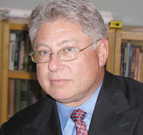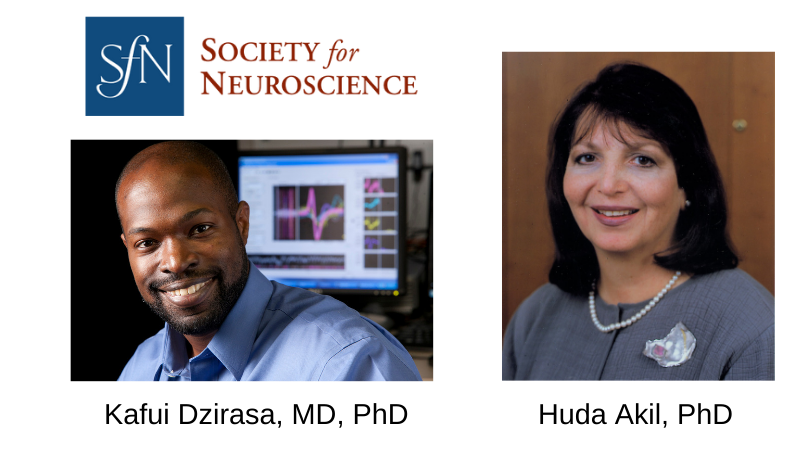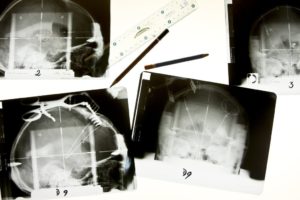
Guest Bloggers
Practicing Gratitude,
November 27, 2019
Tomorrow is Thanksgiving, and that of course makes us think about gratitude. Studies show that gratitude is good for us, and not just on national holidays. A disposition of gratitude on a daily basis makes us healthier people both physically and mentally.
Indeed, recent research suggests that counting our blessings on a regular basis can help decrease symptoms of depression and anxiety over the long term. More research is in the works, but in conjunction with therapy or other medical treatment, it seems that gratitude can have a significant impact.
Click here to read the full article…
HDRF Scientists in the News!,
October 24, 2019
We’re excited to announce that two members of our Depression Task Force recently received prestigious awards from the Society for Neuroscience, the largest society of professional neuroscientists in the world. Its annual meeting draws over 44,000 participants.
Huda Akil, PhD
Dr. Akil received the Julius Axelrod Prize for her enduring influence on the field. She is recognized for her major achievements in neuroscience as well as her exemplary efforts in mentoring young scientists.
Click here to read the full article…
World Mental Health Day,
October 10, 2019
Today, October 10, is World Mental Health Day.
As time goes on, awareness efforts to normalize discourse about mental health have been incredibly successful. Though stigma still persists, it is no longer shocking to see candid reporting about depression and other mood disorders, especially as we come to grips with just how common depression is.
Unfortunately, reporting on mental health often clusters a variety of disorders together without clarifying how they may differ from, or relate to, each other. For today’s e-mail, we want to look more closely at the difference between depression and anxiety, two related but distinct disorders that often go hand in hand.
Click here to read the full article…
HDRF Depression Task Force in the News,
October 8, 2019
We’re pleased to share the recent New York Times coverage of major results from the lab of Depression Task Force member Helen Mayberg, a professor of neurology, neurosurgery, psychiatry, and neuroscience at Mount Sinai.
Brain Stimulation Shows Promise in Treating Severe Depression (Oct. 4) reports on Dr. Mayberg’s pioneering work in Deep Brain Stimulation (DBS) — a novel treatment for severe depression that involves implanting electrodes in the middle of the brain.
Over several years, Dr. Mayberg’s lab has assessed the effects of Deep Brain Stimulation on a select group of severely depressed patients, in a major study funded in part by HDRF, thanks to your support. Desperate for answers, the patients came to Mayberg after repeated failure to respond to antidepressants, psychotherapy, and even electroshock therapy.
Click here to read the full article…
September 10 – World Suicide Prevention Day,
September 10, 2019
Today, September 10, is the annual World Suicide Prevention Day, and we here at HDRF wanted to take a moment to discuss the day itself as well as ways all of us can help to prevent suicide in our own communities. This year, World Suicide Prevention Day focuses on the theme of “Working Together to Prevent Suicide,” to emphasize that mental health care and suicide prevention is incumbent on us all.
Before delving into what individuals can do to help, we first want to highlight some of the staggering facts about suicide.
Click here to read the full article…








